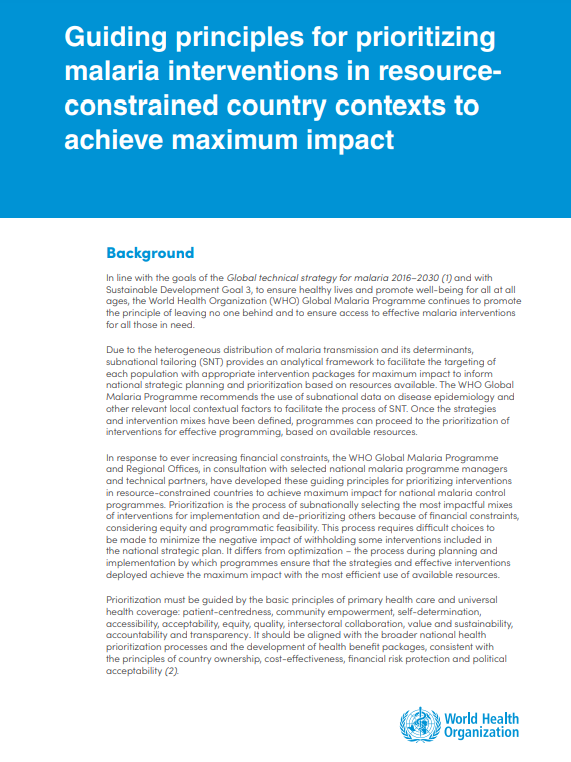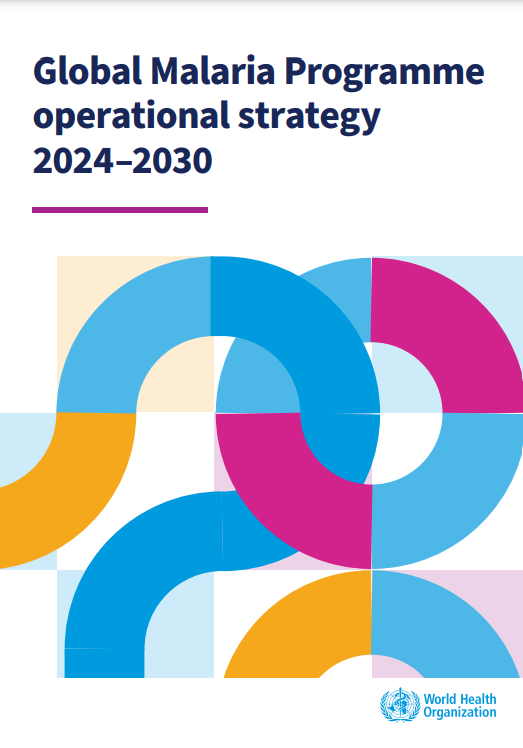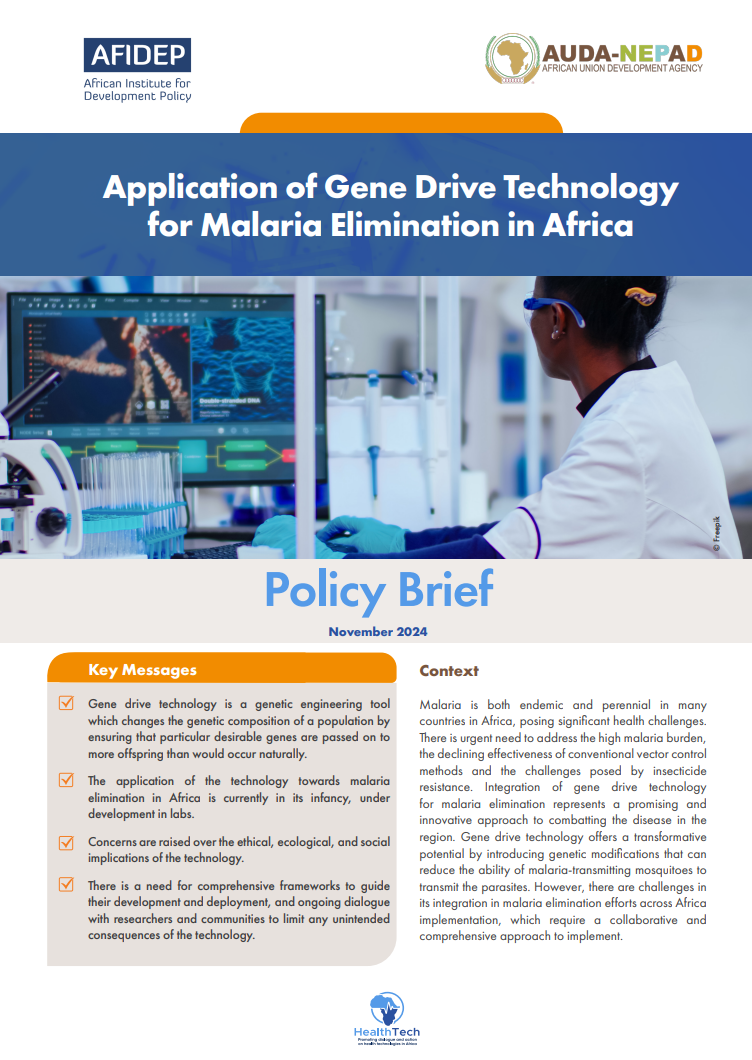Last Updated: 29/05/2025
The unusual role of a highly divergent Arp2/3 complex in the mosquito stages of malaria parasites (PlasmoArp)
Objectives
This project sets to elucidate the molecular mechanism of the Plasmodium Arp2/3 complex on three levels:
- Uncover how Arp2/3 is activated during gamete formation, revealing the likely unusual mode of regulation of this complex.
- Explore the hypothesis that Arp2/3 is linked to a cryptic spindle assembly checkpoint, a mitosis regulator so far thought to be absent in Plasmodium.
- Reveal why Arp2/3-deficient parasites arrest in oocysts, which will shed light on the unusual cell division mode of this elusive stage.
The malaria-causing Plasmodium parasites often use highly divergent proteins to regulate fundamental biological processes, such as sexual replication in the mosquito. Therefore, the molecular and cellular biology underlying parasite development is often little understood, especially during the mosquito stages, a major bottleneck in the Plasmodium life cycle. Recently, an unconventional, Plasmodium-specific actin-related protein 2/3 (Arp2/3) complex was identified that mediates DNA segregation during male gamete formation and is essential for development of the main replicative mosquito stage, the oocyst. Understanding the regulation and function of this structurally and functionally divergent actin nucleator could provide targets for new antimalarial strategies. To address the ambitious aims, molecular biology methods, single cell transcriptomics and imaging will be combined and a new genetic tool will be engineered to dissect gene function specifically in the oocyst, a stage that is notoriously difficult to study. PlasmoArp will thus not only give insight into the molecular biology of Plasmodium development in the mosquito and advance our understanding of Arp2/3 and actin biology across the eukaryotic kingdom, but it will also expand the toolbox to study the neglected oocyst. As Plasmodium Arp2/3 is essential for malaria transmission, this research will pave the way for new intervention strategies to mitigate malaria infections.
Apr 2025 — Mar 2030
$1.62M


